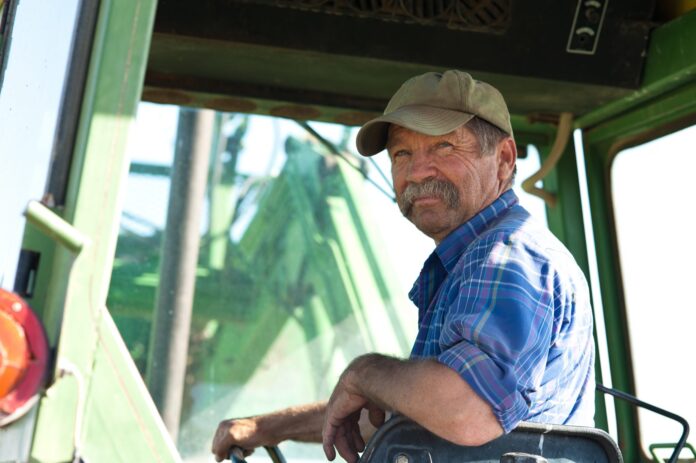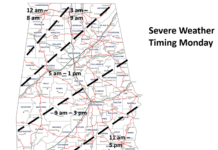AUBURN UNIVERSITY, Ala. – Practically every industry has been affected by COVID-19 in some fashion. Professionals from the Alabama Cooperative Extension System and Auburn University’s College of Agriculture recently performed a survey to evaluate the impact of the disease on the Alabama agricultural industry.
Adam Rabinowitz, an Alabama Extension farm and agribusiness specialist, said the online survey recorded a total of 181 responses, with responses being recorded from all agricultural related sectors in Alabama.
“A total of 72% of the respondents classified their business as production agriculture,” Rabinowitz said. “The second largest category were those classified as other. Many of these specified themselves as involved in the landscaping and turf industry, as well as farmers’ markets.”
Survey showed mixed results
The results from the survey show some mixed effects from Alabama producers. While many of the producers reported no change for their business operations, 41% reported that they have experienced an altered customer base. Additionally, 26% of those surveyed said they had to alter products or services.
“Some of the businesses reported that they have had even more substantial impacts,” said Rabinowitz, who is also an Auburn University assistant professor of agricultural economics and rural sociology. “From a long-term perspective, almost 30% of them indicated they have experienced long-term cash flow disruptions.”
The survey asked participants to compare their total sales revenue since the coronavirus began impacting them with that same period in 2019. The results were as follows:
producers of field crops reported a 26% decline in sales revenue
forestry and timber (including pine straw) reported a 15% decline
beef cattle producers saw a 25% decline
aquaculture producers (primarily food fish producers) reported a 27% decline
poultry producers reported an 8% decline
“People must remember that while these broad categories show significant decreases in revenue for many sectors, the impact is not uniform across all commodities,” Rabinowitz said.
Participation in government assistance
The survey also assessed the participation of Alabama producers in government-related relief programs. The Coronavirus Food Assistance Program (CFAP) was the most popular program recorded with 43% saying they are participating. As of July 6, the USDA Farm Service Agency received a total of 8,971 applications from Alabama producers. A total of $56.4 million in payments were approved.
Participants reported that they have utilized other programs. These include the Paycheck Protection Program and the Economic Injury Disaster Loan, with 42% and 12% participation rates, respectively.
“The survey also asked those who were not participating in any programs what their reasons were for not participating,” Rabinowitz said. “People reported a combination of insufficient benefit levels, a need for additional information and business ineligibility as reasons for non-participation.”
Participants who reported that their business is not eligible for CFAP, also reported a 39% decline in sales revenue.
More information
A full report of the findings from this survey is available in Assessment of COVID-19 Impacts on Alabama Agriculture. For more information on the impacts of COVID-19 on the agricultural industry, visit www.aces.edu or contact a member of the farm and agribusiness management team.





















